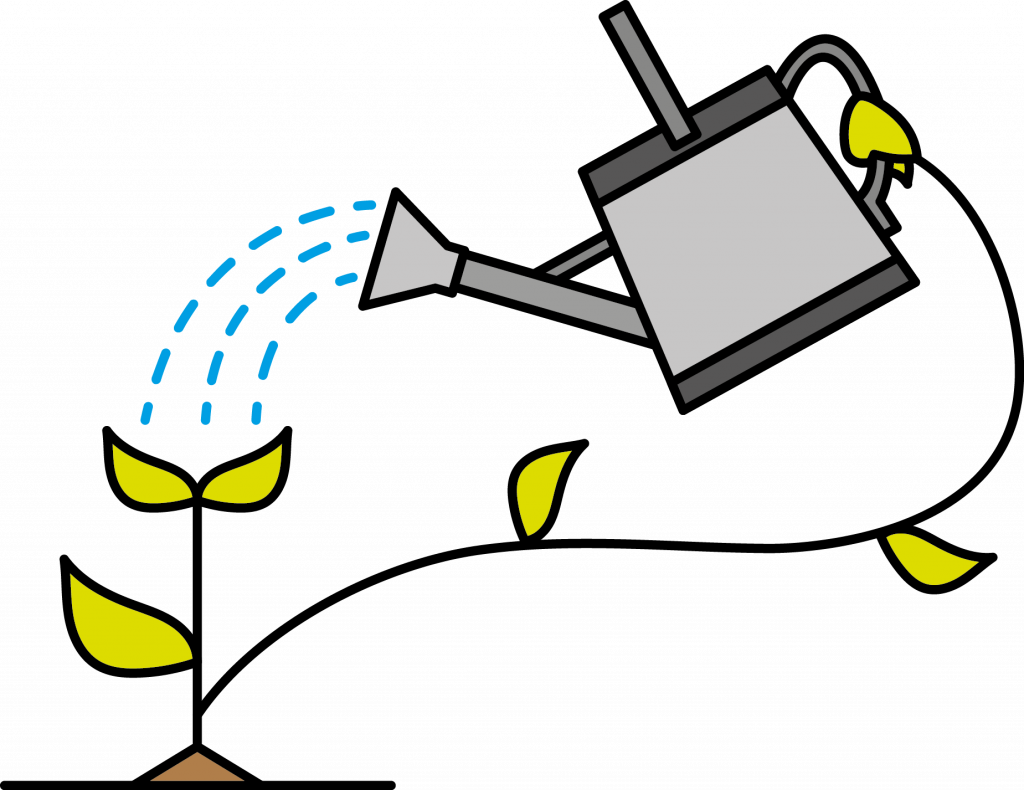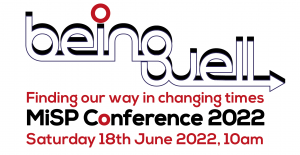We are living at an incredibly uncertain time.
We are clearly living in challenging times. The pandemic has been difficult for all of us in different ways and highlighted the inequalities and discrimination in our society. There is suffering throughout the world through continuing conflict, including the new one we are witnessing in Europe. We are seeing the impacts of climate change on habitats and the people and species that make them their home – with the knowledge that, without collective action, there is likely worse to come. Many of us feel powerless, even if we are doing what we can.
Educators make a huge difference – but they were under pressure before the pandemic, and this pressure has only increased in the last two years.
In a survey of teachers at the end of 2021, the wellbeing score for staff was lower than 2020:
- Nearly eight out of ten teachers experienced symptoms of poor mental health due to their work
- Seven out of 10 reported stress
- More than eight out of 10 senior leaders reported stress
- Over half considered leaving the sector in the past two years due to pressures on their mental health.[i]
Children and young people’s (CYP) mental health is also suffering, as parents, educators and those working in CAMHS are experiencing day-to-day. A year ago, rates of probable mental disorders in 6- to 16-year olds had increased from one in nine to one in six, since 2017, and 39.2% of the age group had experienced a deterioration in mental health.[ii]
Burnout can also be a problem, particularly for the most conscientious[iii]. Care is needed for ourselves, each other and our planet, but we can’t pour from an empty cup.
All of us need to be resourced in order to take care of others. Being able to handle our emotions skilfully can also be helpful because how we are tends to impact the ‘climate’, in school and at home, for the children and young people we care for.
 Self-care and self-regulation are fundamental learnings that benefit educators, parents and carers who come on MiSP courses. Once they have ‘put on the oxygen mask’ for themselves they are able to teach others – because of their modelling as well as training to deliver MiSP curricula for children and young people.
Self-care and self-regulation are fundamental learnings that benefit educators, parents and carers who come on MiSP courses. Once they have ‘put on the oxygen mask’ for themselves they are able to teach others – because of their modelling as well as training to deliver MiSP curricula for children and young people.
Mindfulness can be defined, simply, as ‘choosing to be present with curiosity and kindness’, but it is so much more than that. Whilst mindfulness isn’t the only way to wellbeing, it is a way which threads through and supports other approaches with two simple questions. What is happening in this moment? What is needed (do I need)? Mindfulness helps us see things clearly, with an open mind and respond skilfully and compassionately. When we know where we are, including how we are feeling, we are better placed to choose what to do next. Mindfulness is a way, also, particularly in the context of children and young people, to support learners (and educators) of all ages to move from surviving towards thriving.
What teachers and other educators say about our course for adults:
“It’s life changing”
“I think the course is incredibly valuable – I wish I had known this when I was at school and now feel very motivated to help out young people learn mindfulness.”
“I have found profound benefit in taking this course”
“I am definitely more aware of when I’m feeling wobbly and I’ve learnt techniques to help myself. They truly do help, not just within the school environment but personally in every-day life too.”
“Mindfulness is so important for both pupils and staff. I have seen such a positive effect on us”
What children say:
“The practices help me when I’m sad.”
“I did the breathing exercises when my sister was winding me up. They helped me to settle and stopped me from fighting back like I normally would.”
“I did the tummy and chest breathing before I did my swimming competition because I was scared and nervous. It helped me to settle and focus, and I won the competition!”
“It helps me with my work, when I need to do activities.”
“Peaceful.”
“Joyful.”
Adult learners also tell us they value coming together as a community, building shared experiences and intentions to support and empower the children and young people they care for by sharing mindfulness with them.
A community of adults, children and young people where awareness, open-mindedness, clear-sightedness and compassion is embedded in learning, through mindfulness and leads to the ability to resource themselves and make skilful choices in challenging times, is surely what we need for our world now and in the future.
 If you would like to find out more about mindfulness and the role it can play for you and the children in your care then the MiSP Conference might be a good place to start. The Conference is taking place online on Saturday 18th June and will include views, advice and evidence from school communities, wellbeing experts and much more:
If you would like to find out more about mindfulness and the role it can play for you and the children in your care then the MiSP Conference might be a good place to start. The Conference is taking place online on Saturday 18th June and will include views, advice and evidence from school communities, wellbeing experts and much more:
Find out more on our Conference page.